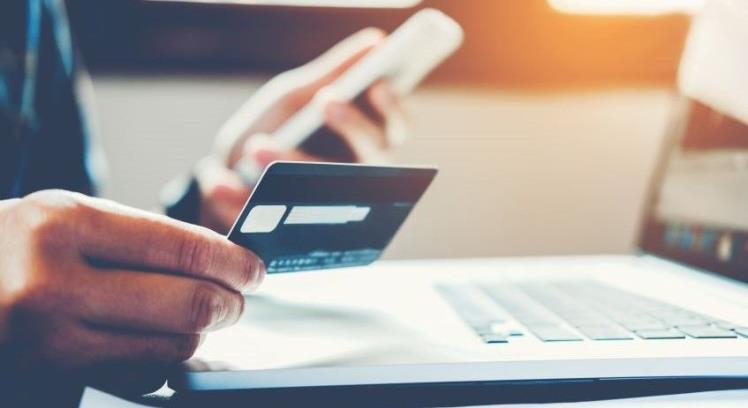Multiple bank accounts help you manage your finances better. Having multiple bank accounts for different purposes can help you stay on top of your money and prevent overspending. You can also use multiple bank accounts to create a savings plan and keep track of where your money is going each month. Read on to get the answer to the question—How many bank accounts should I have?
Safety of Funds
Keeping your emergency fund and savings separate from your checking account can help you avoid overdrafts. If you’re in the habit of making large purchases with a debit card, or if it’s easy for you to spend more than what’s in your checking account, having an overdraft protection plan or line of credit is a good idea. This way, when a large expense comes up unexpectedly—perhaps the transmission on your car needs replacing—you won’t have to worry about whether or not there’s enough money in your checking account to cover it.
Tracking Your Finances
Tracking your finances is an important part of keeping track of how much money you have and how much you spend. A good way to do this is by using a budget planner, which allows you to record your expenses on a monthly basis. According to the professionals at SoFi, “Another option is to use a bank account specifically designed for tracking expenses.” These types of accounts allow users to categorize their spending and set goals for themselves in terms of savings or spending categories like groceries or movies.
Savings for Emergency
If you have an emergency fund, you will not have to rely on credit cards in case of any sudden financial crisis.
You can save money for the future. Every month you get some extra cash from your paycheck, which could be put in a separate account and used for future purposes like buying a house or making investments for retirement.
You can save money for special occasions and vacations! If there is something special coming up in your life, such as a birthday party or graduation ceremony soon, then it’s a good idea to start saving up as much as possible now so that later on, when the time comes, you’ll have enough money available without having to worry about spending too much out of pocket.
Improve Financial Disciplines
When it comes to paying your bills on time, keeping track of your spending, and saving money for a rainy day, you may be tempted to think that discipline is a gift passed down from your parents. But in reality, financial discipline is something that can be learned and improved with practice.
The best way to improve your financial discipline is by using multiple bank accounts. By separating your income into different accounts based on its intended purpose (such as savings), it becomes easier for you to keep track of how much money you have available and how much you need at the moment. This helps prevent overspending or mismanagement of funds while also preventing overdraft fees which can lead to spiraling debt problems in the future if not addressed immediately.
Keeping your money in one account can be risky, especially if you don’t have any form of financial discipline. Finally, keeping track of how much money goes where is easier because all transactions are recorded separately rather than lumped together into one big balance sheet!

